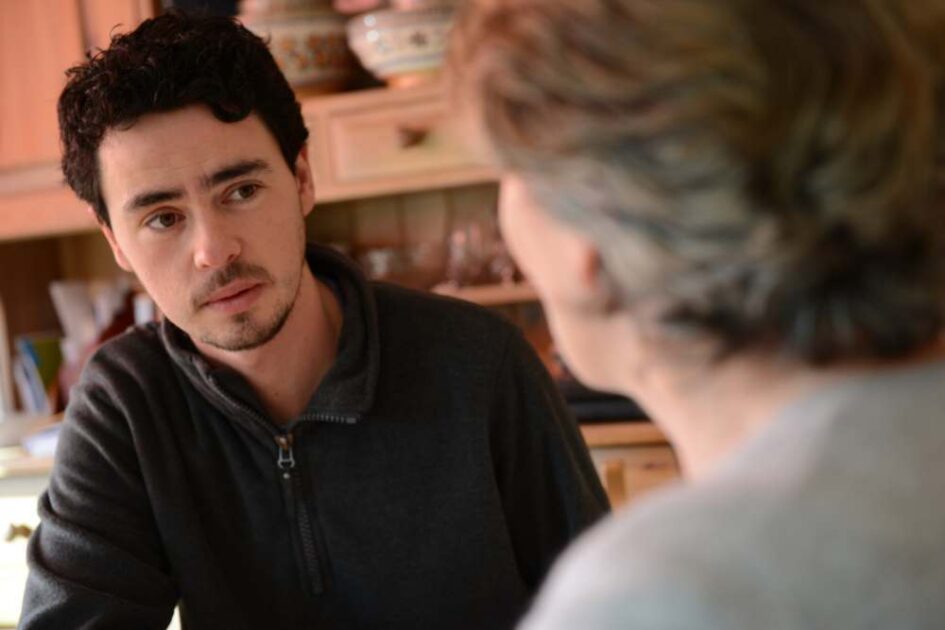We need to talk about suicide
Hazel wants more people to talk openly about suicide

I debated whether or not to write this article as it is an extremely private topic, and one that I have shared with very few people. However, I have realised that by hiding this story, I am indulging in the stigma against suicide – that it is not to be talked about. And so, this is a story that I think deserved to be told.
A very close family member died from suicide when I was eight years old. I know what you’re thinking, how did I even know what that was? Well I didn’t. My parents decided to tell me he had died in a car crash. I was devastated. He had always been a big part of my life, bringing me great joy, perhaps unknowingly. I tried to grieve, just like everyone else, but I was too young to understand the true gravity of his death, even with the pretence of it being a car crash.
I acknowledged the distraught faces at his funeral, sitting in that square room before he was cremated. I remember not quite understanding. Why was he taken from us? How had this happened to a beacon of light?
His death rattled my idealistic and naïve (as one should be at eight years old) self. His absence in my life was very much noted. Sometime before he passed, he gave me a clown doll. Looking back on it now it kind of makes sense, maybe he wanted me to have a little piece of him before he departed. I cherished the doll whenever I felt myself missing him. I still hold it now whenever I feel a jolt of despair.
When I was fifteen, I wrote a short story regarding the suicide of a father. It was a letter written by his daughter, not understanding why he did it. Maybe my subconscious knew how it felt – before I had even known the truth. Reading over it now, the emotions are oddly accurate. I asked my dad to read over it, if it was appropriate to give to a teacher who had suffered a similar loss.
My dad began talking about the death that had shaken us all those years ago. I wondered why he was bringing it up when it had nothing to do with the topic we were discussing. Then I noticed his voice quivering and his eyes just shy of letting tears drop. And the words fell from his mouth like they were codes to end the world, “He did not die in a car crash. He killed himself.”
My vision blurred and my heart sank, as if tied to an anchor. I could not breathe. I wanted to know everything and nothing. Why. How. Would I have ever found out if it had not been for that story?
It was like I was losing him all over again. And the difference was, at fifteen, I knew exactly what death and suicide meant. I knew I would now always be someone who had been affected by it. I was grieving him, for real this time. But I felt guilty for doing so after he’d died seven years ago. I was drowning in sorrow.
I was upset my parents had withheld the information. But of course they felt they couldn’t tell an eight year old that this person, who they had known to be joyous and wonderful, had chosen to end their life. But maybe it was a mechanism for them not having to talk about it, or try explain.
Suicide is agonising for those left behind. It is tragic that one person can feel so unbearably alone, detached and unloved as to resort to such a drastic measure. Nothing can prepare you for losing a loved one to suicide. But what makes it so much harder is not talking about it. We need to talk about it.






